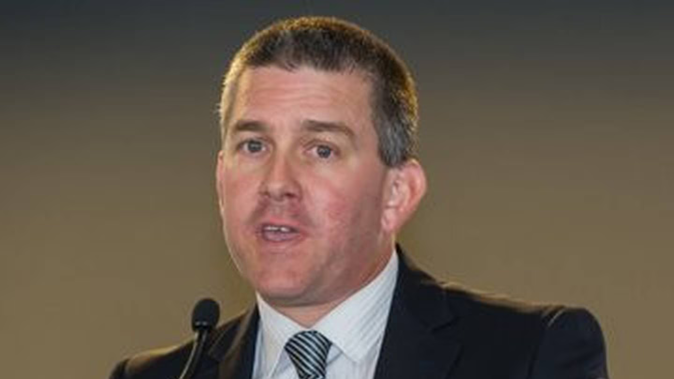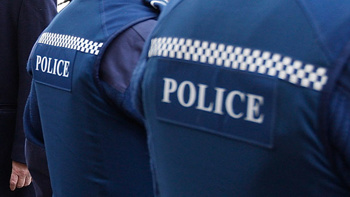
An Auckland school has succeeded in its legal bid to prevent the publication of its name in connection with a disgraced former deputy principal.
Lawrence Peter Stephens was jailed for 24 months on August 18 in the North Shore District Court after he admitted possessing child abuse and bestiality images and making an objectionable publication.
The latter charge relates to explicit messages where he discussed his desire to offend sexually against a 3-year-old.
Of the 218 images, 140 were in the most serious category. Most of the victims depicted were children between toddler age and 13.
Before his crimes came to light he was the deputy principal of an Auckland College for over a decade. He had a 25-year teaching career.
Judge Kevin Glubb declined an application by the school’s lawyer David Dickinson for permanent name suppression of the institution’s name.
The school appealed the decision.
An interim order suppressing its name remained in place ahead of a High Court hearing on Monday before Justice Geoffrey Venning.
Both police and Herald publisher NZME opposed the appeal.
It took a little over a day for Justice Venning to issue a judgment granting the school permanent suppression in connection with the case.
Dickinson had argued the school had nothing to do with his offending, which happened in the deputy principal’s spare time and did not involve any pupils or staff.
/cloudfront-ap-southeast-2.images.arcpublishing.com/nzme/FHURFSDO7OFRBWXPPMFUMRA5O4.jpg)
Justice Geoffrey Venning sided with the school's lawyer David Dickinson, who argued publication of its name in connection with Lawrence Stephens offending would create undue hardship given it was not connected to his crimes. File photo / Michael Craig
Justice Venning agreed.
“The public interest in this case is in the fact Mr Stephens was an experienced school teacher of many years standing and held a responsible position as deputy principal,” his judgment said.
“The school that he was employed by is irrelevant to his offending and entirely unconnected with it.”
Justice Venning concluded the public interest in open reporting arising from the publication of the school’s name in connection with what he described as Stephens’ “unrelated and personal offending” would be more than outweighed by the undue hardship the school would experience if it was connected with the case.
Paul Gillick, senior legal counsel for Herald publisher NZME, had argued against permanent suppression for the school.
He said at sentencing the public interest outweighed any argument for suppression in favour of the school.
“The defendant was an employee and was trusted by the Teaching Council to conduct himself appropriately,” Gillick said.
At sentencing, Judge Kevin Glubb told Stephens his offending was not victimless.
“It is actual children being brutalised in the most horrendous way.”
Take your Radio, Podcasts and Music with you









